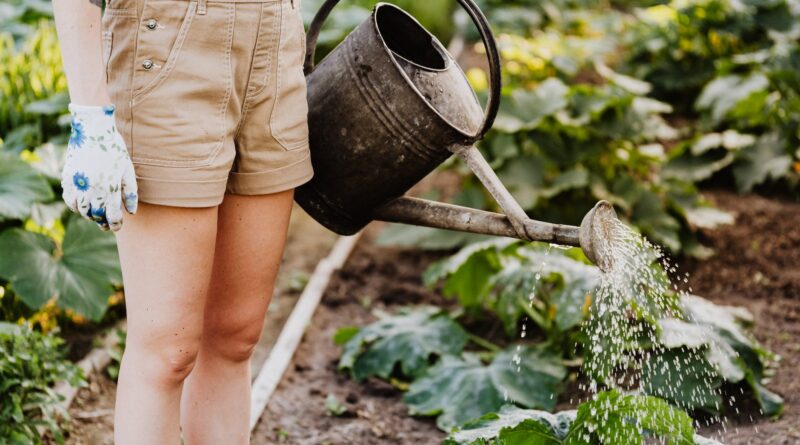Organic vs. Conventional Allotment Gardening: Choosing the Right Approach for Your Garden
Welcome to the fascinating world of allotment gardening, where gardeners passionately debate the merits of organic and conventional gardening methods. In this article, we’ll delve into the key differences between organic and conventional allotment gardening, exploring the benefits, challenges, and environmental considerations associated with each approach. So, grab your spade and let’s embark on this thrilling journey as we unravel the green battle of allotment gardening.
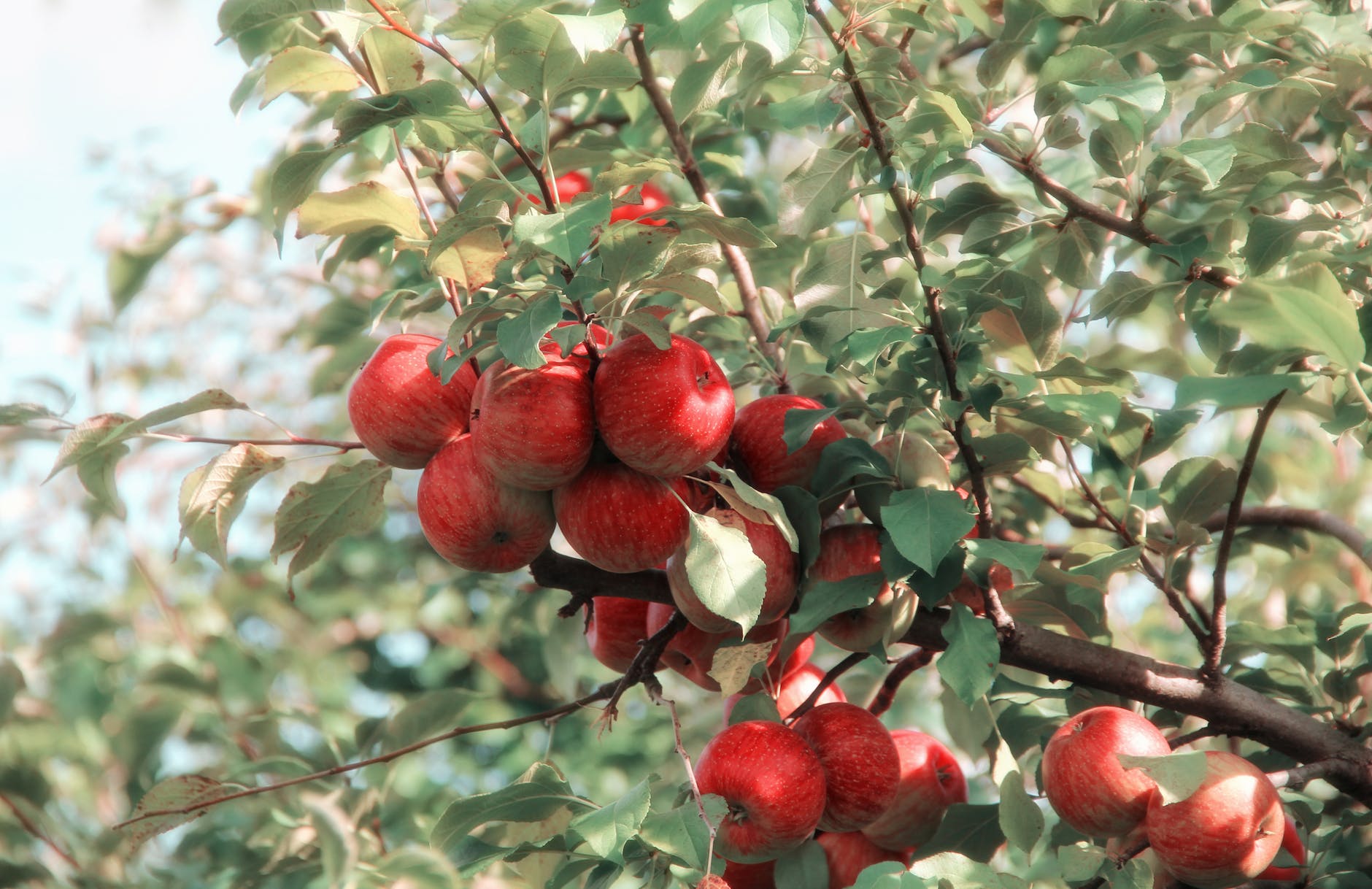
- Understanding Organic Allotment Gardening:
Organic gardening is a holistic approach that emphasizes the use of natural and sustainable practices to cultivate plants. Organic gardeners abstain from using synthetic fertilisers, pesticides, and genetically modified organisms (GMOs). Instead, they rely on compost, organic fertilisers, and companion planting techniques to nurture their crops.
- Nurturing Soil Health: Organic gardeners prioritize building and maintaining healthy soil by enriching it with compost, manure, and organic matter. These practices enhance soil structure, water retention, and nutrient availability, fostering robust plant growth.
- Protecting the Environment: By avoiding synthetic chemicals, organic allotment gardening minimizes environmental impact. It promotes biodiversity, protects pollinators and beneficial insects, and reduces the risk of chemical runoff into water sources.
- Nutrient-rich, Flavorful Produce: Organic crops are known for their exceptional taste and nutritional value. With a focus on soil health and natural nutrient sources, organic gardeners produce fruits, vegetables, and herbs bursting with flavor and packed with essential vitamins and minerals.
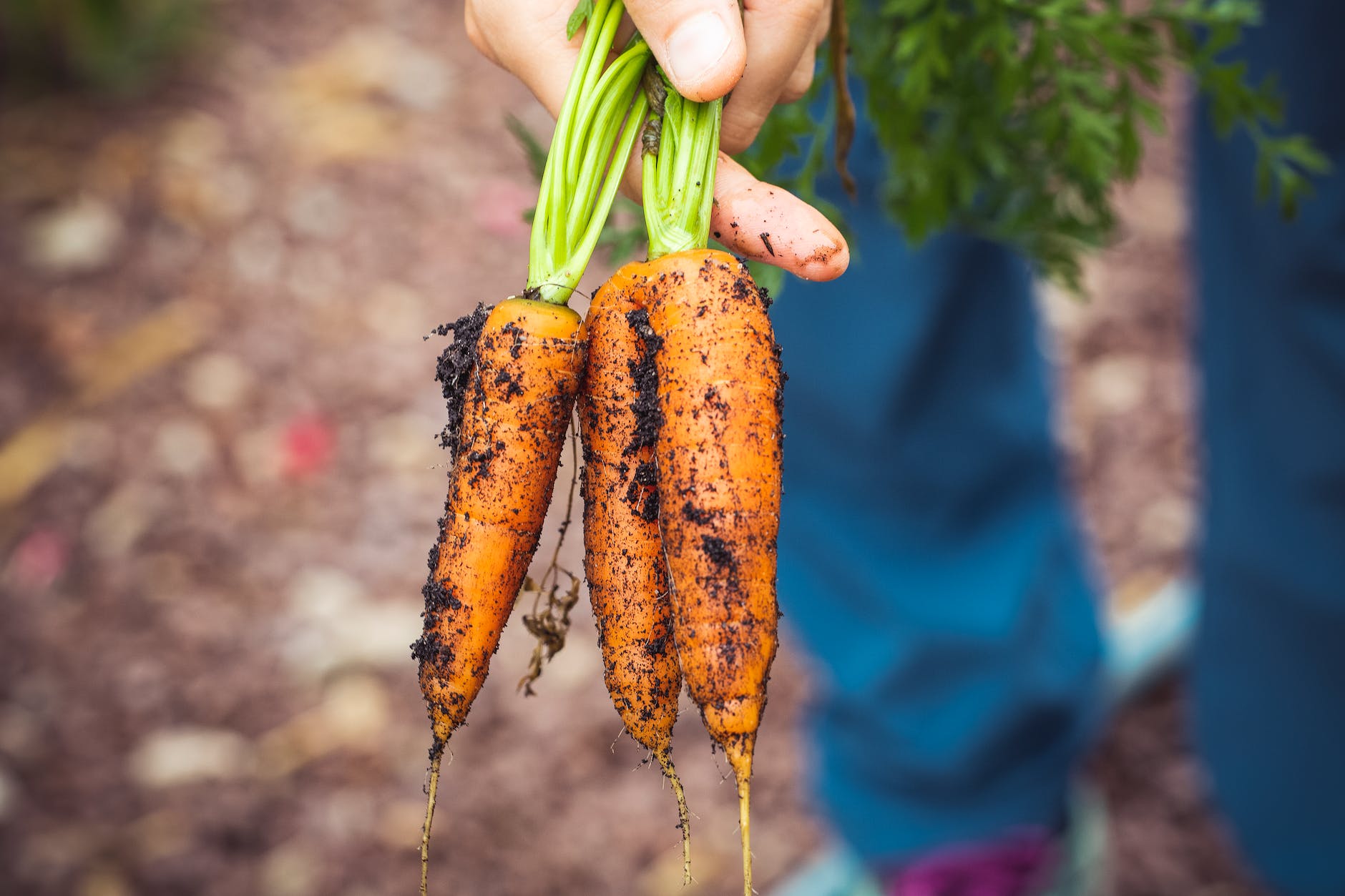
- Exploring Conventional Allotment Gardening:
Conventional allotment gardening employs traditional gardening methods, including the use of synthetic fertilizers and pesticides, to achieve maximum crop productivity. While it may lack the organic label, conventional gardening has its own set of advantages and considerations.
- Boosting Crop Yield: Conventional methods often incorporate chemical fertilizers that provide plants with readily available nutrients, leading to accelerated growth and increased crop yield. Pesticides are also used to combat pests and diseases, safeguarding the harvest.
- Managing Time and Effort: With the aid of synthetic chemicals, conventional gardening can be more time-efficient, requiring fewer interventions to maintain plant health and combat pests. This allows gardeners to manage larger plots and devote time to other gardening activities.
- Weighing Environmental Impact: Conventional gardening methods may raise concerns regarding environmental impact due to the use of synthetic chemicals. The potential for chemical runoff, harm to beneficial insects, and soil degradation are factors that need to be carefully considered.
- Making an Informed Choice:
When deciding between organic and conventional methods for your allotment gardening, consider the following factors:
- Personal Values: Assess your values, including your preference for organic produce, environmental consciousness, and commitment to sustainability.
- Soil Health and Long-Term Sustainability: Evaluate the condition of your soil and the long-term impact of the gardening methods you choose. Organic methods can help improve soil health and contribute to sustainable practices.
- Pest and Disease Management: Understand the common pests and diseases in your region and research effective management strategies for both organic and conventional approaches.
- Balancing Effort and Yield: Consider the time, effort, and resources you are willing to invest in your allotment garden and choose a method that aligns with your gardening goals and available resources.
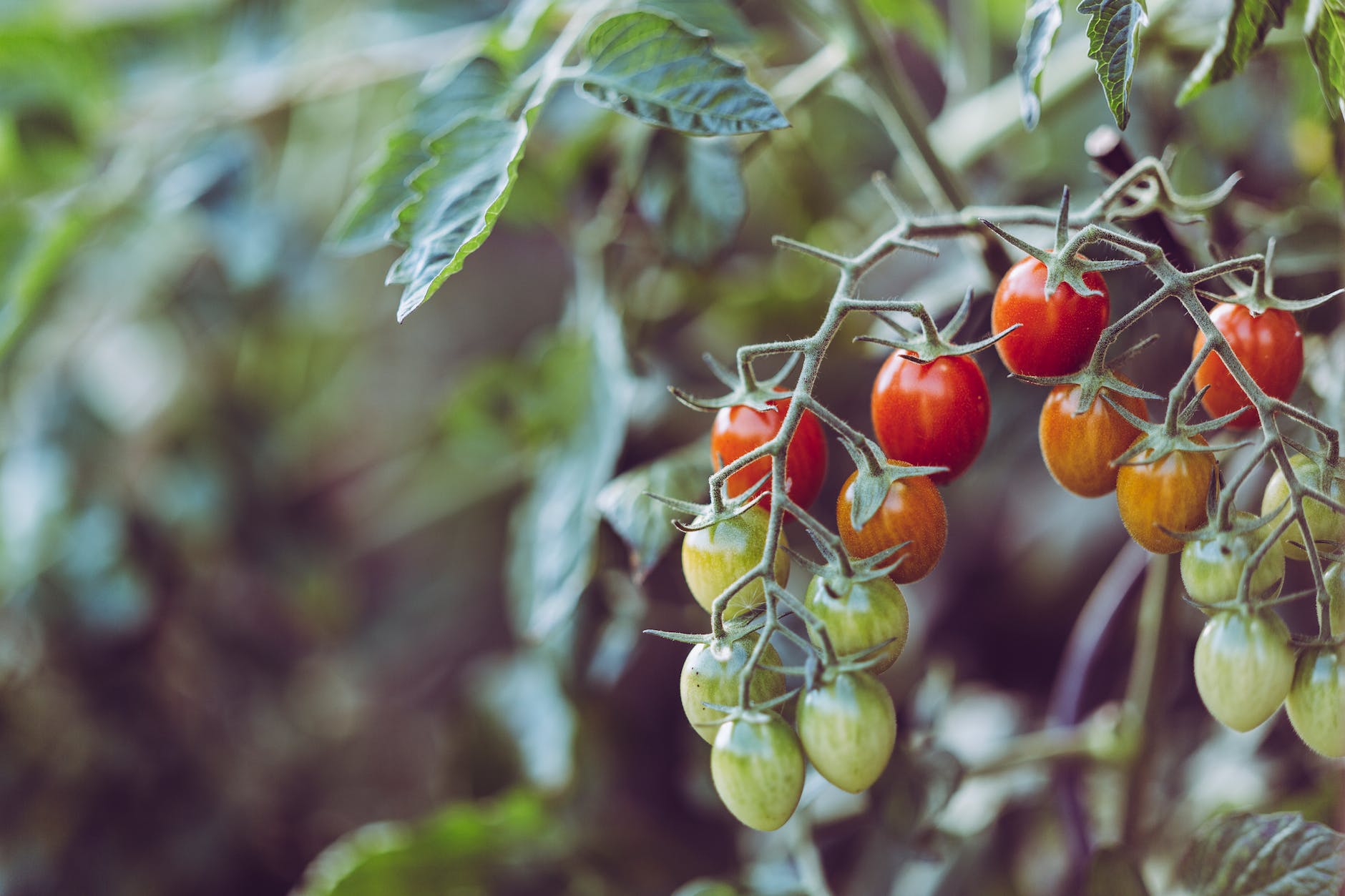
In the dynamic and ever-evolving world of allotment gardening, the choice between organic and conventional methods is a matter of personal preference, environmental considerations, and gardening goals. Both approaches have their unique benefits and challenges, and the decision ultimately rests with the gardener.
Organic allotment gardening embraces a holistic and sustainable approach, focusing on nurturing soil health, protecting the environment, and producing nutrient-rich, flavorful produce. It appeals to those who value organic principles, biodiversity, and the satisfaction of knowing their food is grown naturally.
On the other hand, conventional allotment gardening utilizes traditional methods, including the use of synthetic fertilizers and pesticides, to maximize crop yield. It can be an efficient option for those who have limited time, larger plots, or prioritize immediate results.
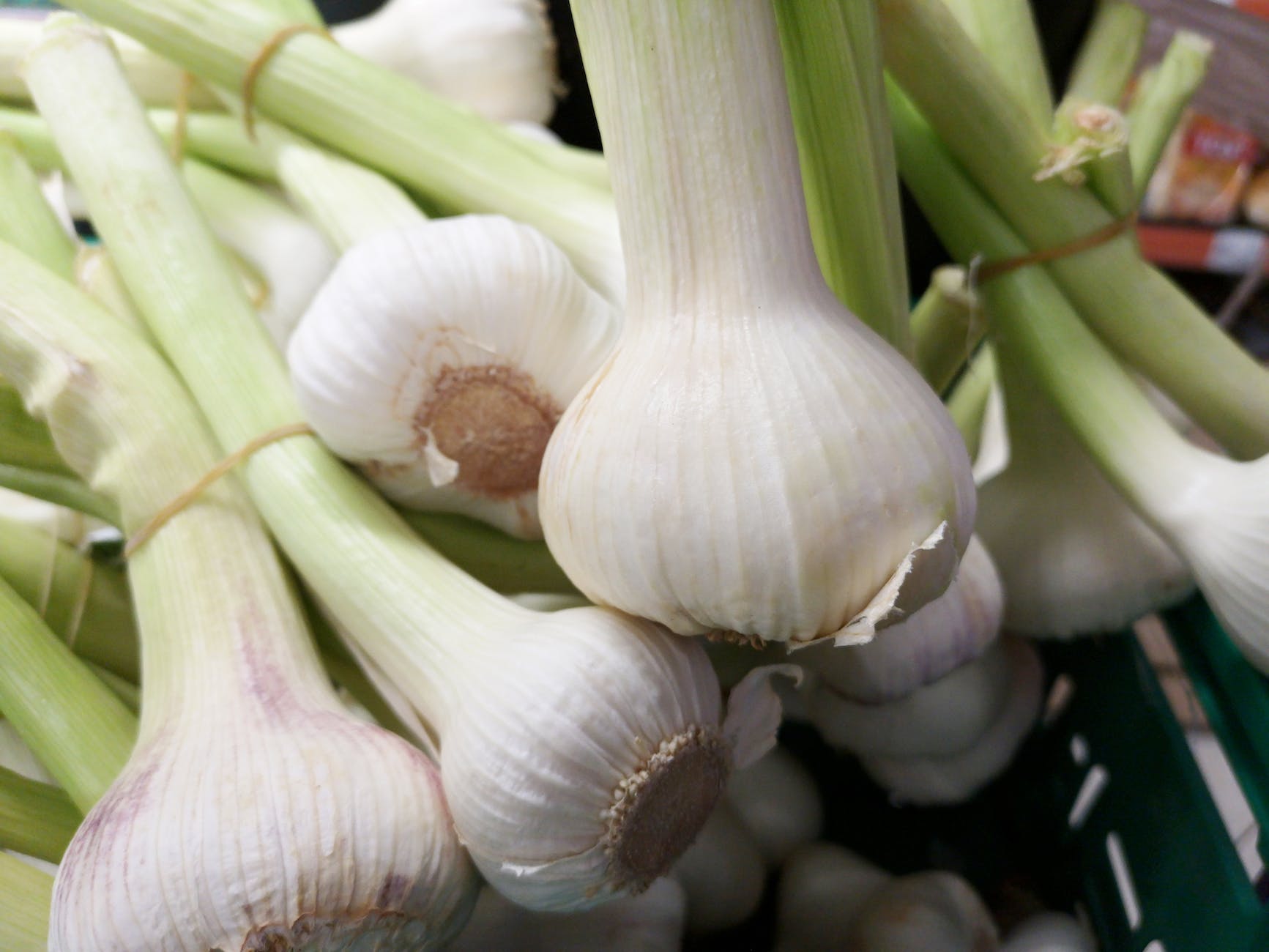
When making your decision, consider your personal values, environmental consciousness, and long-term sustainability goals. Evaluate the condition of your soil, the potential impact on the environment, and the level of effort you are willing to invest. Remember, there is no one-size-fits-all approach, and you can always adapt your practices as you gain more experience and knowledge.
Ultimately, the joy of allotment gardening lies in the satisfaction of growing your own produce, connecting with nature, and embracing the journey of cultivation. Regardless of whether you choose organic or conventional methods, the process itself is a rewarding and enriching experience.
So, grab your gardening gloves, sharpen your tools, and embark on your allotment gardening adventure. Explore, experiment, and discover the joys of watching your seeds sprout, nurturing your plants, and enjoying the bountiful harvests that await you. Happy gardening!

